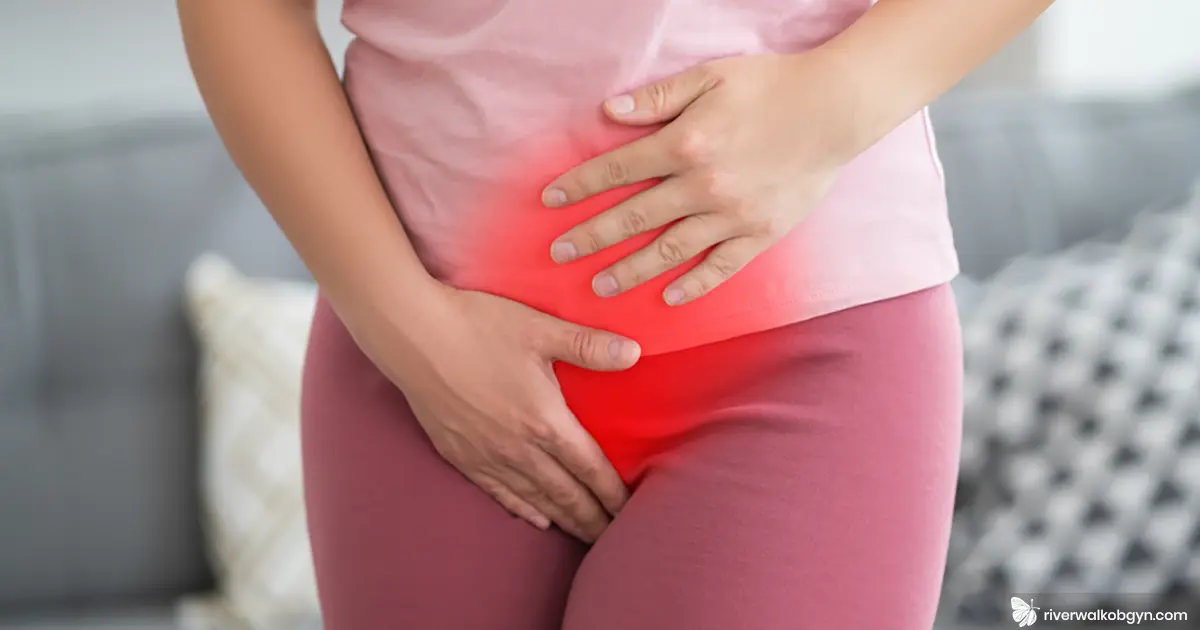Could Your Pelvic Pain Be Endometriosis?

If you’re experiencing chronic pelvic pain, it might be more than just menstrual cramps. Endometriosis is a condition in which tissue similar to the lining of the uterus grows outside the uterus, causing pain and other symptoms. Understanding endometriosis symptoms is key to seeking early diagnosis and treatment.
Common Symptoms of Endometriosis
Pelvic pain is the hallmark symptom, but endometriosis symptoms can vary widely. Some women experience debilitating pain, while others have milder discomfort. Here are the most common signs:
- Intense cramping that may start before your period and extend several days into it.
- Persistent pelvic pain that can occur between menstrual cycles.
- Discomfort or pain during or after intercourse.
- Excessive bleeding or spotting between periods.
- Endometriosis is a leading cause of difficulty conceiving.
- Bloating, constipation, or diarrhea, especially during menstruation.
What Should You Do?
If you suspect endometriosis, it’s essential to consult a healthcare professional. Early diagnosis can help manage symptoms and prevent complications such as infertility.
Endometriosis symptoms can significantly affect your quality of life, but you don’t have to suffer in silence. With the right care, relief is possible.
Who Is at Risk for Developing Endometriosis?
If any of the below situations apply to you, you may be more likely to develop endometriosis:
- Never had children
- Have an immune system dysfunction
- You have frequent periods or they last more than 7 days
- Started your period at a young age
- Have a first-degree relative with endometriosis
Treatment Options For Endometriosis
While endometriosis is diagnosed in women around ages 25 to 35, onset generally occurs during her prime reproductive years. Even though there is no cure for endometriosis, there are treatments to relive symptoms. These treatments can prevent the condition from getting worse. However, the best treatment options for you depends several factors that your doctor will discuss with you.
Some treatment options include:
- Hormone therapy. Medications like progesterone pills and birth control can stop endometriosis from worsening. However, they will also prevent you from getting pregnant.
- Surgery. The only definite way to diagnose endometriosis is to undergo surgery, where it can be removed at the same time.
- Pain relievers. Prescription painkillers, over-the-counter pain relievers, and relation techniques may help manage cramping and pain.
Experiencing a significant change in pain or other endometriosis symptoms? Schedule an appointment with Riverwalk OB-GYN by calling (281) 402-6022.
You may also enjoy reading: Understanding the Different Stages of Labor and Delivery




